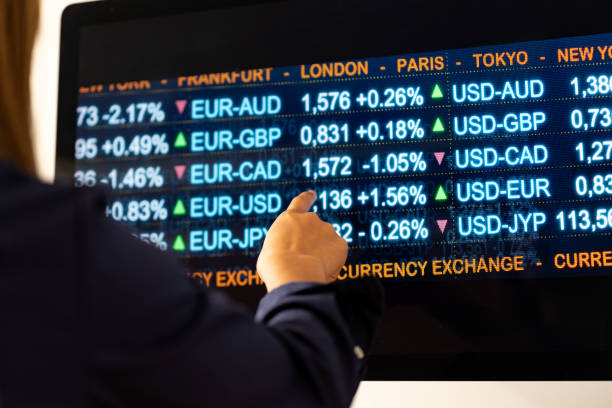What are the characteristics of commodities?
Commodities are basic goods that are used in commerce and that are interchangeable with other goods of the same type. Commodities have some distinctive characteristics that differentiate them from other types of assets, such as stocks or bonds. Some of the characteristics of commodities are:
They are standardized: Commodities have a uniform quality and quantity that are specified by the futures exchanges where they are traded. For example, one contract of crude oil futures represents 1,000 barrels of oil that meet certain standards of density, sulfur content, and delivery location. This makes commodities fungible, meaning that they can be easily exchanged or substituted for each other.
They are influenced by supply and demand: Commodities are subject to the forces of supply and demand, which determine their prices in the market. Supply refers to the amount of a commodity that is available for sale, while demand refers to the amount of a commodity that buyers are willing to purchase. When supply exceeds demand, prices tend to fall, and vice versa. Supply and demand can be affected by various factors, such as weather, natural disasters, geopolitics, economic conditions, and consumer preferences.
They are volatile: Commodities tend to have higher price volatility than other assets, meaning that their prices can change rapidly and unpredictably. This is because commodities are sensitive to changes in supply and demand, as well as to speculation and market sentiment. Volatility can create opportunities for profit, but also risks for loss, for commodities traders.
They are cyclical: Commodities tend to follow cyclical patterns, meaning that their prices rise and fall in recurring phases over time. These cycles can be driven by seasonal factors, such as the planting and harvesting of crops, or by longer-term factors, such as the economic expansion and contraction. Commodities traders can use these cycles to identify trends and anticipate price movements.
These are some of the characteristics of commodities, but they are not the only ones. Commodities are a diverse and complex class of assets that can offer various benefits and challenges for investors and traders. Commodities can be used as a source of income, a hedge against inflation, a diversifier of portfolio, or a tool for speculation. Commodities can also be traded directly in the spot market or via derivatives, such as futures and options.
How do futures traders review their trading?
Futures trading is a form of financial speculation that involves buying and selling contracts that represent the future delivery of an asset, such as a commodity, a currency, an index, or a stock. Futures traders aim to profit from the price movements of the underlying asset, without actually owning
Futures night trading hours
Futures are contracts that obligate the buyer or seller to exchange an asset or commodity at a specified future date and price. They are used for hedging, speculation, and arbitrage purposes in the global market. Futures can be based on various underlying assets, such as currencies, commodities, ind
How can futures efficiently increase the success rate of intraday trading?
Intraday trading is a form of trading that involves buying and selling securities within the same trading day, without holding any positions overnight. Intraday traders aim to profit from the short-term price fluctuations of the market, using various tools and strategies to analyze and execute trade
What are the factors that can affect how much money can be made in futures?
Futures trading is a form of financial speculation that involves buying and selling contracts that represent the future delivery of an asset, such as a commodity, a currency, an index, or a stock. Futures traders aim to profit from the price movements of the underlying asset, without actually owning








